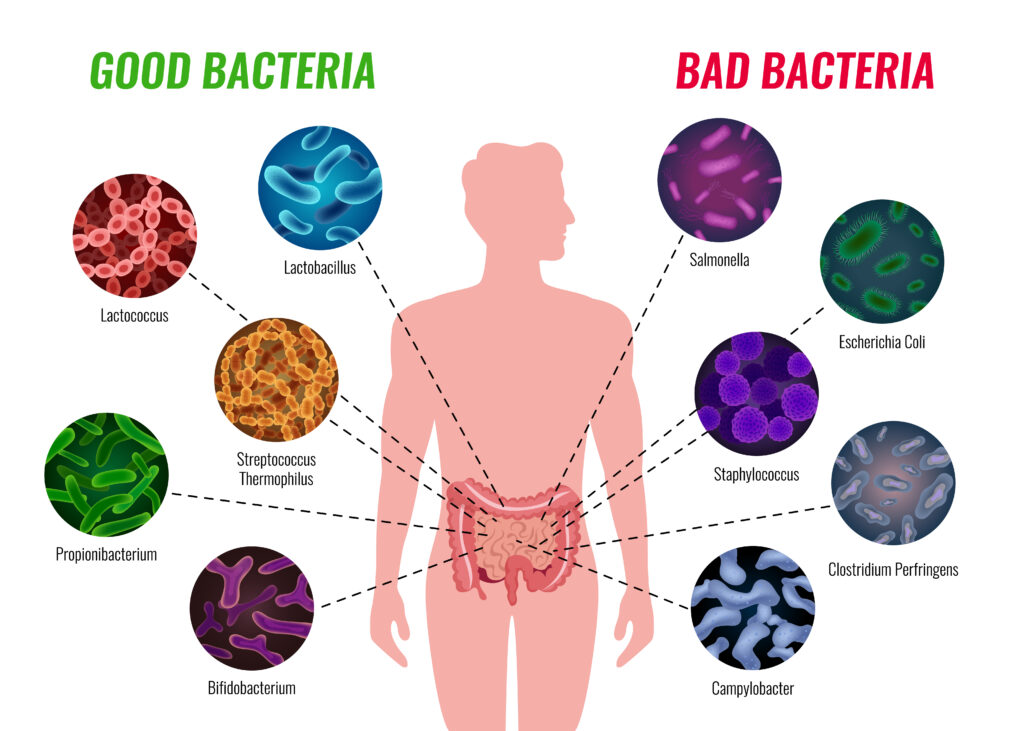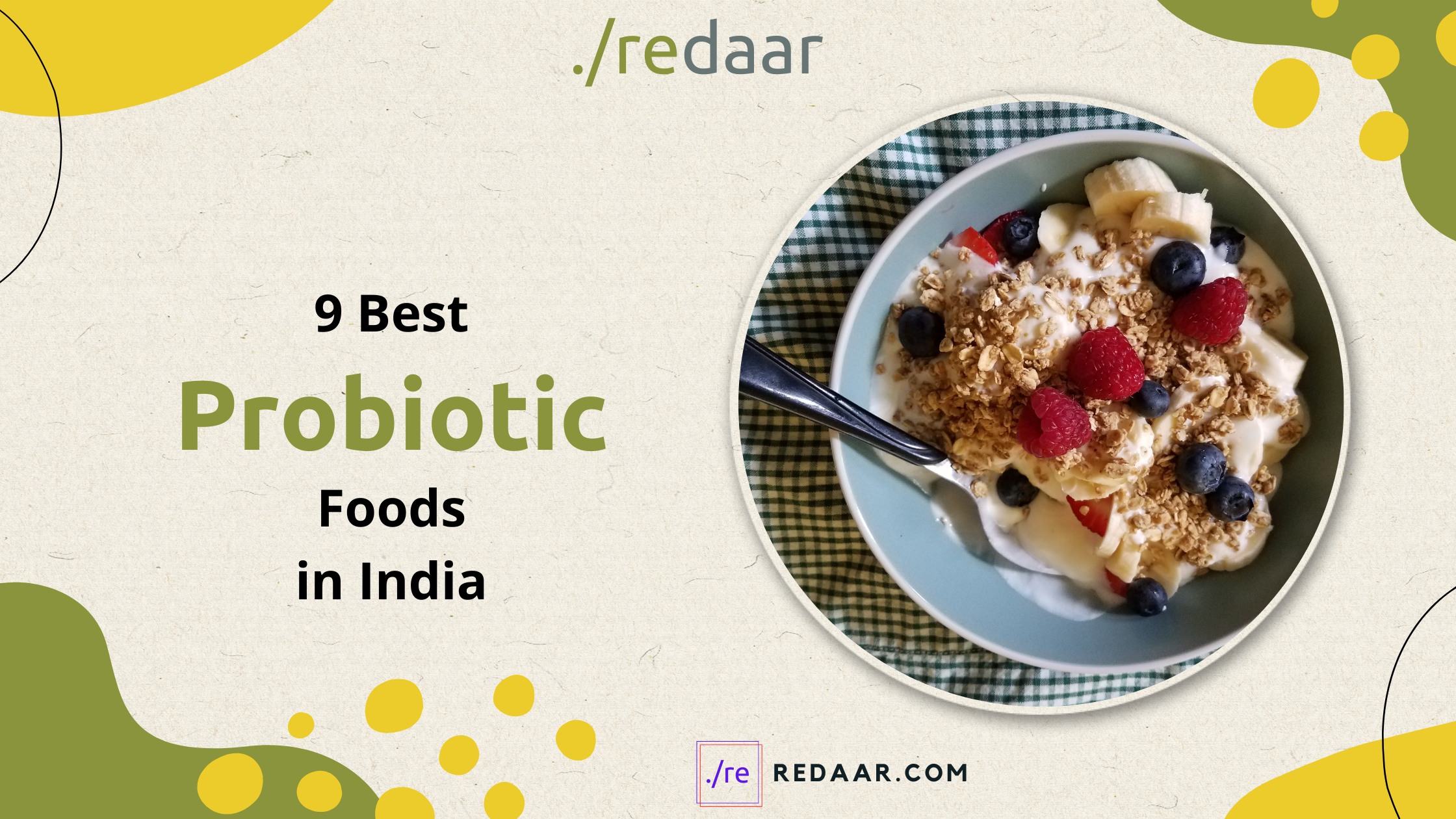Let us through this article learn what probiotics are? Why do we need them? and what are the best probiotic foods in India.
Let’s start with the meaning of probiotic foods. I am not going to complicate it by giving a long definition of probiotics. Let’s keep it simple, let’s break the word probiotic which will give us the meaning of probiotics. Pro in probiotics stands for ‘for’ and biotic means ‘bios’ or ‘life’, which translates to ‘for life’, meaning probiotics works to improve the life of humans and in turn the health of humans. Probiotics are germs that act in favour of human health rather than against it.
I believe the best way to activate genius within the immune system is by ingesting certain superherbs and superfoods, taking probiotics and cultured foods, minimizing toxic food exposure by eating pure organic raw-living foods, and making appropriate healthy lifestyle improvements.
David Wolfe
Yes it’s true, microbes do not always harm us, microbes like probiotics help humans in restoring their health. They are essential to maintain a good balance between bad and good bacteria in your body. You can use probiotics in either of these conditions,
- When you had taken antibodies and need to restore the lost probiotics.
- Want to treat yeast infections such as athlete’s foot and Vaginal yeast.
- When you want to treat constipation or bowel inflammation.
- Want to treat high cholestrol.
- Want to treat Hepatic disease.
- Want to strengthen your immune system.

These were a very few among many situations in which you would want to use probiotics. Now let us get on to the list of best probiotic foods in India.
9 Best probiotic foods in India
1. Yoghurt:
Yoghurt has several minerals and nutrients along with probiotics. Yoghurt is very high in protein and also contains almost all the nutrients that your body needs like calcium, magnesium, phosphorus, potassium and many more. It is also rich in Vitamin B. Bifidobacteria and Lactobacillus are among the probiotics found in Yoghurt. Yogurt is definitely the best probiotic food in India.
Yoghurt is commonly mistaken for curd, but they are not the same. Though the two look similar, the thing that separates the two is Curd is prepared by mixing milk with curd or lemon whereas yoghurt is prepared by commercial fermentation of milk. The curd too, like yoghurt, contains probiotics, but in lesser quantities.
2. Kefir:
Another probiotic product that is made of fermented milk of cow,goat or a sheep. Kefir also works for people who are lactose intolerant and cannot consume dairy products. Kefir is arguably the best source of probiotics only after yoghurt. It can also be made tasty by mixing with smoothies.
3. Paneer:
Paneer, the indian cheese is a great source of protein and also contains probiotics. In addition to the presence of probiotics, paneer also contains calcium which is very good for your bones and teeth. Also it contains less fat and its consumption is also considered as a virtue to our heart.
4. Pickles
Pickles take you on a ride of good taste, but did you know how healthy they are? Some of the health benefits locked in pickles are, vitamin k, calcium, potassium, vitamin C and Vitamin A along with probiotics in fermented pickles. Fermented pickles are rich in probiotics which are a boost to your gut health.
5. Kanji
Kanji is an Indian drink originating from north India and mostly used in winters, specifically during holi celebrations. Kanji is prepared by fermenting beetroots with mustard and salt.Kanji is loaded with probiotics and helps in digestion, weight loss and in maintaining gut health. It is also uselful for improving your skin health and boosting metabolism.
6. Sauerkraut
Sauerkraut is essentially a vegetable that looks similar to cabbage and also called ‘khatti gobi’ in Hindi. Sauerkraut contains probiotics which as the other probiotics do help in digestion, and in strengthening your immune system. It is also believed to reduce the risk of cancer and in strengthening bones.
7. Dark chocolate:
Dark chocolates prove that chocolates are not always bad for your health. Dark chocolates does contain probiotics which help in strengthening the immune system. Along with these benefits, they also improve blood flow and help in lowering blood pressure. They reduce the risk of heart diseases and also help in lightning your mood and reducing stress.
8. Indian breakfasts like Idli, dosa and dhokla:
Indian foods that are essentially consumed for breakfast like Idli, dosa and dhokla are rich in probiotics provided they are made in traditional way and not the instant mixes that are available in the market. Idli and dosa are prepared by fermenting rice and dal and the Gujarati dish dhokla is prepared by fermenting besan or the ground flour. The fermentation process aids the availability of probiotics as well as proteins and vitamins.
9. Green peas
Peas, although looking tiny in size, are very useful as they contain vitamins, minerals and antioxidants. The journal of applied microbiology, a Japanese journal, has published that peas contain probiotics and so aid in improving the immune system. Peas are also good for people with problems of high blood pressure as they aid in lowering the BP and in turn improving the health of the heart.
Conclusion
Probiotics are known to offer a wide range of benefits, the important one being strengthening the immune system. The above provided foods are rich in probiotics and should be a part of your diet. We hope this article will help you in improving your diet and in turn your health.Look out for more tips to improve your health by following our blog regularly


2 thoughts on “9 Best Probiotic Foods in India. Want to be healthy? Consume this regularly.”